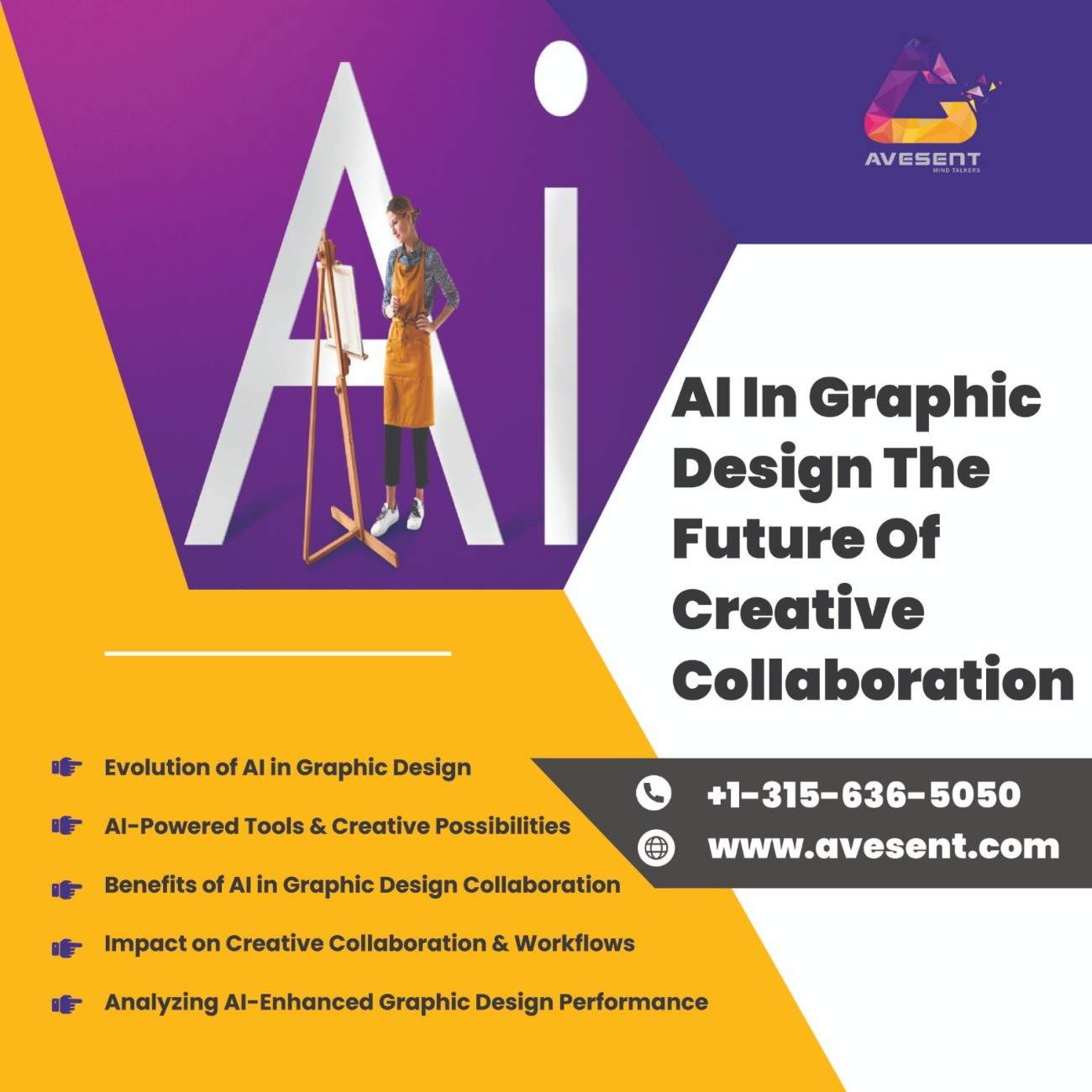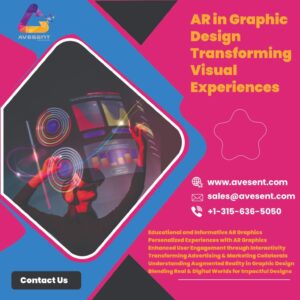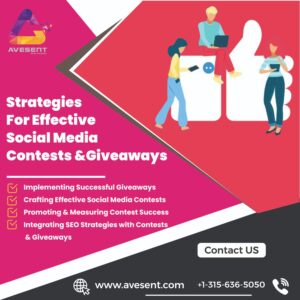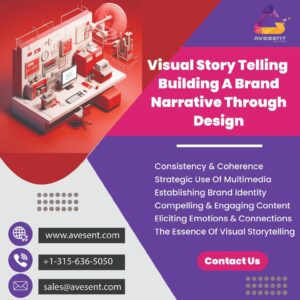The Synergy of AI and Graphic Design: A Glimpse into Creative Collaboration’s Future
The integration of AI (Artificial Intelligence) into the realm of graphic design has heralded a transformative era, reshaping creative processes and enhancing possibilities for designers and creators worldwide. This fusion isn’t just about innovation; it’s a profound shift in the dynamics of creative collaboration, offering unparalleled tools and capabilities that redefine the boundaries of imagination. Let’s explore the potential of AI in graphic design and its role in shaping the future of creative collaboration while acknowledging its impact on SEO (Search Engine Optimization).
Evolution of AI in Graphic Design
1. Automated Design Processes
AI automates design tasks. From layout creation to image editing, AI streamlines workflows.
2. Data-Driven Creativity
AI harnesses data for inspiration. Algorithms analyze trends and patterns to fuel creative ideation.
Benefits of AI in Graphic Design Collaboration
1. Enhanced Efficiency and Productivity
AI accelerates processes. Automated tasks free up time for designers to focus on creativity.
2. Improved Design Consistency
AI ensures consistency. Design systems maintain coherence across projects and iterations.
AI-Powered Tools and Creative Possibilities
1. Generative Design Applications
Explore generative design. AI-generated content aids in creating diverse design elements and variations.
2. Predictive Analysis for Trends
Utilize predictive analytics. AI forecasts design trends, guiding creative decisions and strategies.
SEO Implications of AI-Enhanced Graphic Design
1. Image Optimization for SEO
Leverage AI for image SEO. AI-driven tools aid in optimizing images for search engine visibility.
2. Enhanced User Experience
Improved visuals impact SEO. Engaging designs driven by AI contribute to better user experiences.
Impact on Creative Collaboration and Workflows
1. Augmented Creativity, Not Replacement
AI augments human creativity. Collaboration fosters innovation by merging AI capabilities with human ingenuity.
2. Streamlined Feedback Loops
AI facilitates feedback loops. Iterative improvements are accelerated through AI-driven analysis and insights.
Analyzing AI-Enhanced Graphic Design Performance
1. Metrics for Design Efficiency
Track efficiency metrics. Analyze time saved and productivity gains due to AI-driven tools.
2. Design Impact on User Engagement
Evaluate user engagement. Measure the impact of AI-enhanced designs on audience interactions.
Continuous Adaptation and Improvement
1. Skill Development for AI Integration
Foster AI literacy among designers. Training and upskilling empower designers to maximize AI capabilities.
2. Ethical Considerations in AI Design
Address ethical implications. Responsible AI usage ensures ethical design practices.
Future Prospects and Innovations
1. AI-Powered Personalization
Explore personalized design experiences. AI customizes designs based on individual preferences.
2. Collaborative AI Design Platforms
Anticipate collaborative AI tools. Platforms enabling multiple creators to collaborate in real-time with AI assistance.
Conclusion
The integration of AI into graphic design isn’t just a technological advancement; it’s a catalyst for a paradigm shift in creative collaboration. By harnessing AI’s capabilities and aligning them with human creativity, designers can unlock unprecedented potential, driving innovation, efficiency, and elevated design quality.




